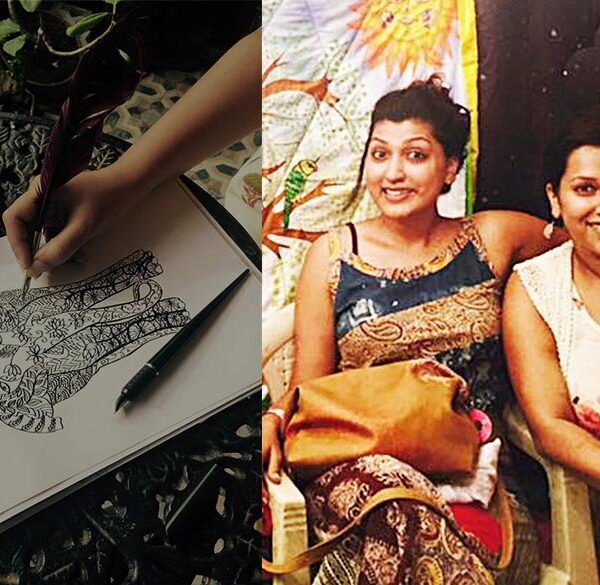“The pregnancy is a long sea journey to a country where you don’t know the language, where land is in sight for such a long time that after a while it’s just the horizon – and then one day birds wheel over that dark shape and it’s suddenly close, and all you can do is hope like hell that you’ve had the right shots.”– Emily Perkins
The word ‘Pregnancy’ brings with itself a new meaning to the life of any woman. It is a period of immense joy coupled with excitement. The feeling of carrying a little soul within you is just majestic. Someone has rightly said that, “ A baby fills a place in your heart that you never know was empty”.
But, along with this joy, comes a plethora of health problems which every expecting mother should be wary of :
FAINTNESS
Pregnant women often suffer from faintness. It happens because of the hormonal changes occurring in body during this period. Generally, fainting happens when the brain does not get enough blood and thus not enough oxygen. Symptoms such as sudden sweat ringing around the ears , fast and deep breathing may point towards faintness. To avoid faintness, one should get up slowly after sitting or lying down.
FATIGUE
Fatigue is particularly common during the first trimester and tends to make comeback during late pregnancy. Many women feel constantly tired in the early stages of their pregnancy. Early pregnancy fatigue is due to hormonal changes – in particular, a dramatic rise in the levels of progesterone. Nausea and vomiting can certainly add to the problem. Feeling anxious about pregnancy is also mental and physically draining. Feeling sad or hopeless is a indicator of depression which may be partly blamed for fatigue or sleeplessness.

Fatigue can also be a symptom of iron-deficiency, which is not uncommon during pregnancy. So, it is advisable to visit the doctor for regular check ups at regular time intervals.
HEADACHES
Pregnant women often experience tension headaches during the first trimester. It’s most likely because of the fluctuations in the hormones. In the third trimester, poor posture might be a factor for headaches. The strain on the neck and the shoulders could lead to muscle spasms, which can irritate the nerves in the back of the head or even result in muscle tightening from sleeping in an unnatural position. Headaches during pregnancy are common. However, if there is a severe headache or a headache that doesn’t go away, it is very much advisable to contact a doctor. Severe headaches are signs of pregnancy complications characterized by high blood pressure and damage to another organ system, often the kidneys (preeclampsia).

INDIGESTION
Indigestion is caused by the major doses of estrogen and progesterone that the body produces in the early stages of pregnancy to relax the muscle tissues throughout the body — including the gastrointestinal tract. A relaxed tract slows the digestive processes, which can cause bloating, indigestion, gas, constipation and even result in a miserable sensation in your gut, especially after a big meal. Indigestion is quite normal in pregnancy as it does not cause any harm to the baby.
VAGINAL DISCHARGE
One of the earliest signs of pregnancy is an increase in vaginal discharge and this continues throughout the period of pregnancy. Vaginal discharge ebbs and flows throughout a woman’s menstrual cycle due to a fluctuation in hormone levels. When one become pregnant, hormones continue to play a major role in the changes to vaginal discharge.
Changes to the cervix during pregnancy also affect the vaginal discharge. As the cervix and vaginal wall softens, the body produces excess discharge to help prevent any infections. The Baby’s head might also get pressed against the cervix as one nears the end of pregnancy, which often leads to increased vaginal discharge.












